Affiliate links on Android Authority may earn us a commission. Learn more.
Turing scraps Appassionato and TCL deal, promises wild devices instead
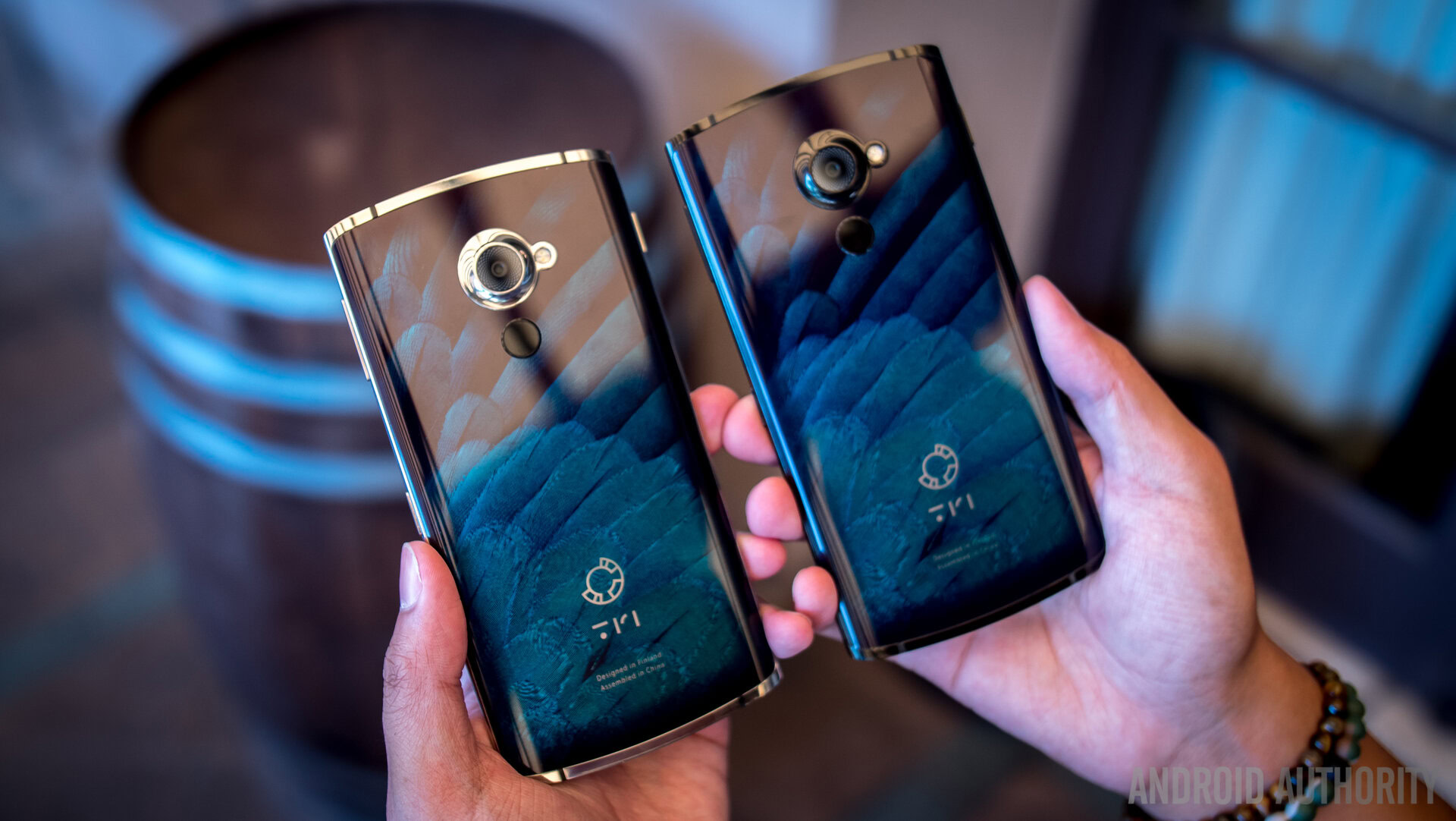
- Turing quietly canceled the Appassionato.
- The partnership with TCL dissolved in September 2017.
- CEO Syl Chao teased a new batch of implausible devices.
Turing has canceled the Appassionato, the latest in a series of phones that the company announced and never delivered.
In an email to Android Authority, Turing Robotic Industries CEO Syl Chao said the Appassionato was scrapped because it didn’t “align with mainstream trends.” Specifically, the $1099 phone lacked a narrow-bezel, 18:9 display and an up-to-date processor (it featured a Snapdragon 821 chip).
While I was in the US back in August doing a media tour, the market vastly changed with the intro of Infinity Display and the so called Full Screen Display. These new displays usually come with a ratio of 18.5:9 with 2K resolution. If Turing continues with the Appassionato we are liable for 300,000 units of Samsung AMOLED 2K screens at 5.5”, that was the bare minimum quantity order set forth by Samsung. Given the fact that Appassionato’s chipset was Snapdragon 821, a slightly outdated SoC, in considering both issues Turing made the decision to change the spec of Appassionato to be aligned with mainstream trends. It is indeed tough for companies of our size to survive in the game.
The Appassionato was supposed to go on sale in September, just a few weeks after the US media tour, but Turing quietly scrapped it. Six months later, the company has yet to give a public update on the fate of the device.
Goodbye, TCL
Not only was the Appassionato scrapped, the partnership with TCL that gave Turing a credibility boost was also dissolved just weeks after the August media tour.
“The TCL Communications subsidiary of TCL sold 49% to a Chinese Group, we have terminated our working relationship with TCL since September 2017 in favor of a new ODM partner,” Chao said.
The TCL tie-up had been announced in April 2017, and was one of the main reasons Android Authority decided to give the Appassionato any kind of coverage.
Turing’s track record
Turing has a history of over-promising and failing to deliver. A quick timeline:
- April 2015 – Turing Phone announced with Android on board;
- February 2016 – Turing drops Android in favor of Sailfish OS;
- December 2016 – Turing phone delayed indefinitely;
- September 2016 – The completely unrealistic Cadenza and Monolith Chaconne teased for 2017;
- April 2017 – Turing Appassionato announced with Android on board;
- April 2017 – Partnership with TCL announced;
- September 2017 – Partnership with TCL canceled;
- February 2018 – Turing Appassionato canceled.
Bankrupt in Finland
In 2016, Turing established a subsidiary in Salo, Finland, ostensibly to take advantage of technical resources available in the area after the fall of Nokia. A little over a year later, this subsidiary shut down and entered bankruptcy protection.
Chao says that the Finnish venture was just one of the several companies that Turing runs it business through. Reports out of Finland claimed that the company entered bankruptcy with almost two million euros in debt; Chao claims the company doesn’t have debts to anyone in the country.
The recent bankruptcy protection of one of Turing’s subsidiary, Turing Robotic Industries Oy, is a part of our new restructuring process to take the company to the next stage. We needed to shake off unnecessary burdens (outdated equipment) and move on to a more R&D centric operation in Finland.
According to the Turing CEO, it’s business as usual:
The new TRI has a few industry leading partners as shareholders which will help cover the manufacturing, production, software testing and R&D aspects of the operation. These efforts ensure a speedy delivery of the final product. TRI is on schedule to close a sizeable round of financing during Q2 2018.
More promises
After almost three years of promises and hardly any devices shipped, Turing has exhausted much of its credibility. Yet Syl Chao still wants customers to believe in the company and promises to make up for all the past disappointments with…you guessed it, some new phones.
First up is the Appassionato X, which appears to be a reincarnation of the Appassionato in a slider form. The device is supposed to arrive this summer and Chao says it’s being developed around both Snapdragon 835 and Snapdragon 845, and that the final pick would be the SoC with better stability and battery consumption.
[one_half]
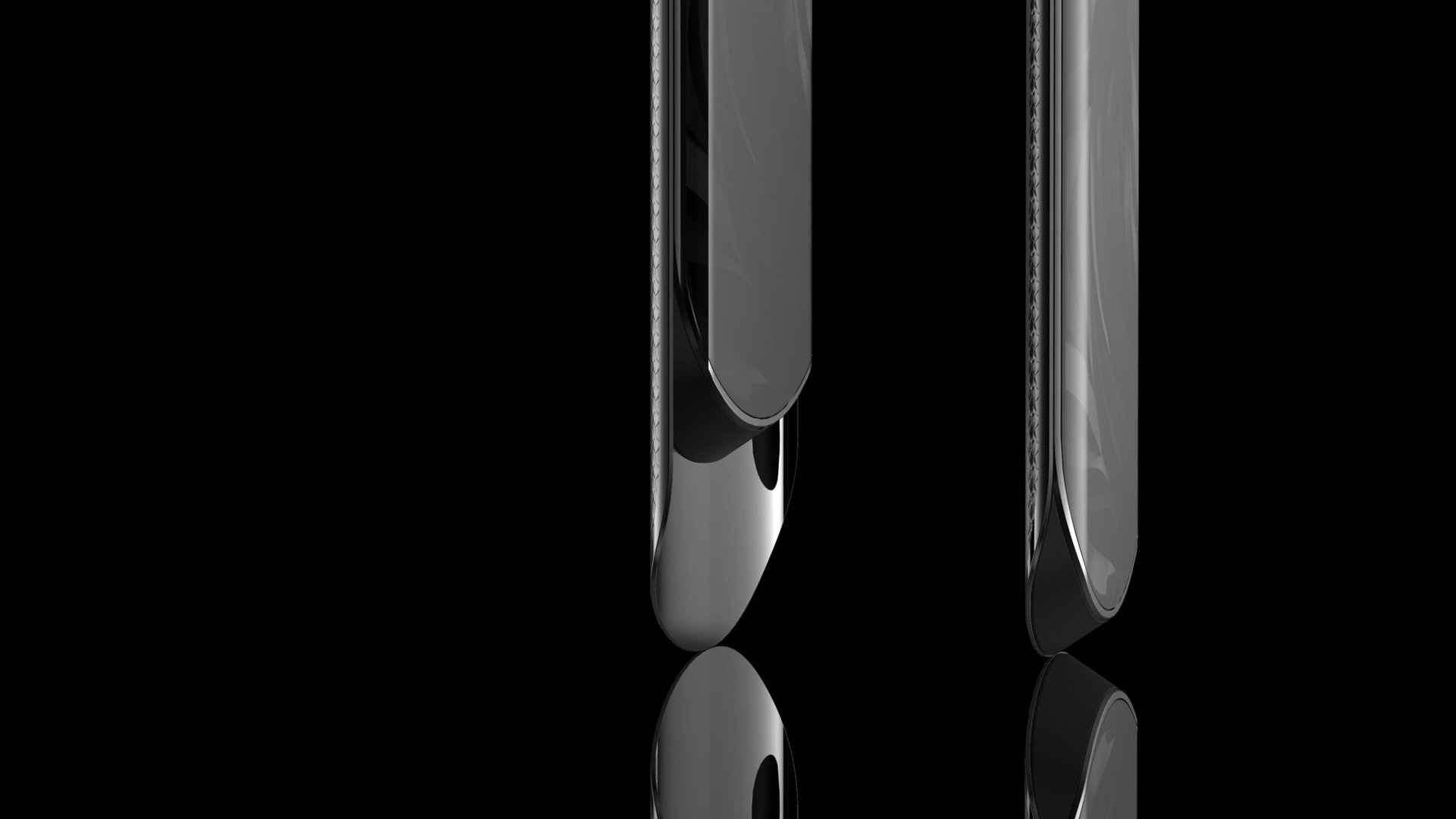
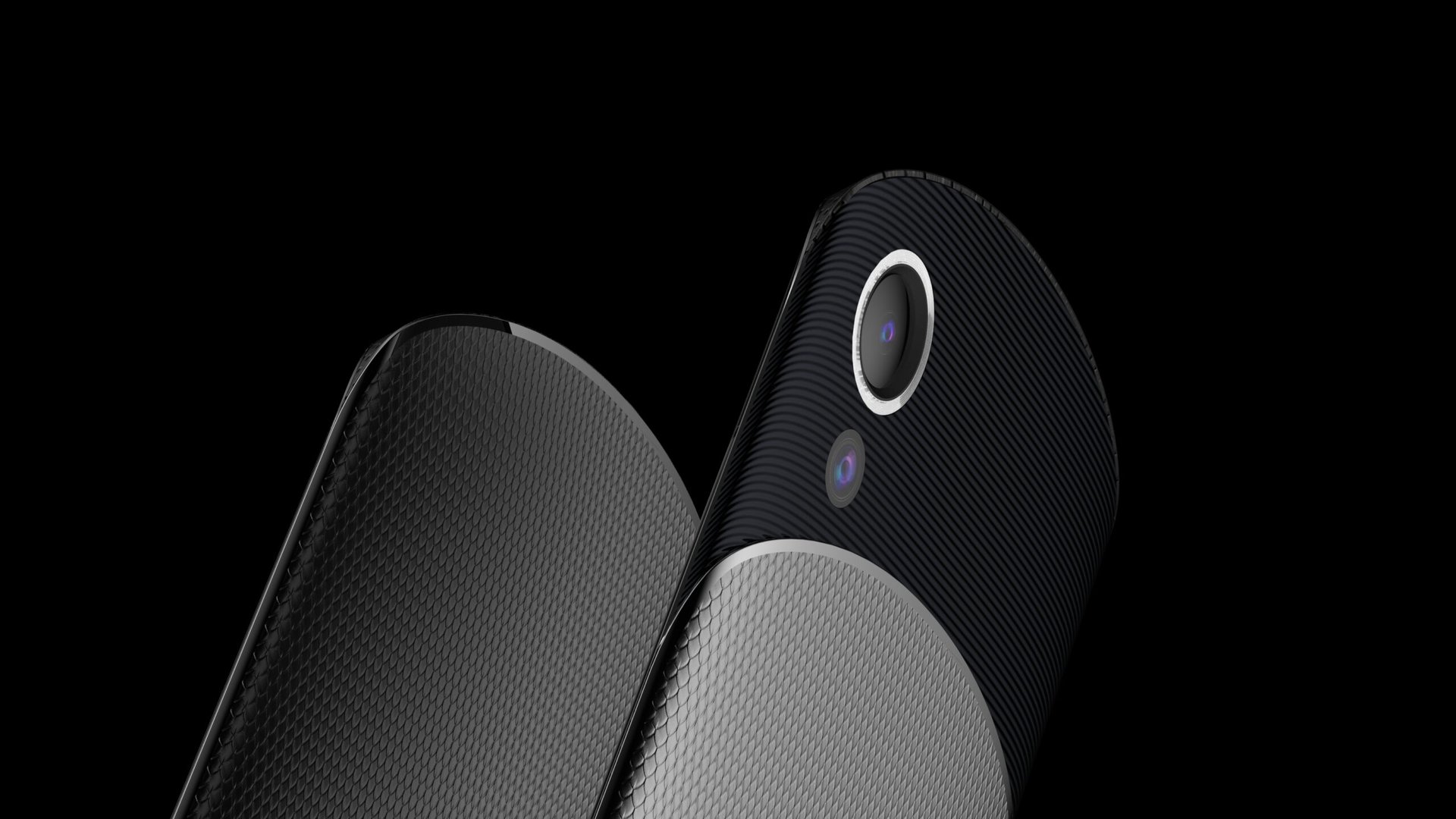
Chao also claims that the Cadenza (announced in 2016, and said to feature two SoCs, 12 GB of RAM, and a 60MP “iMAX 6K Quad Rear Camera Triplet Lens”) is still on track for release.
The cherry on the cake is the Keplerian K2-XR, which, according to Turing’s marketing, combines “a revolutionary mobile phone, an edge-to-edge screen laptop, a cinematography-class camcorder, a professional studio quality camera, a high definition music player, a mobile game console, and a breakthrough communication device into one stylish and never-seen-before handheld device”. Here’s what that looks like:
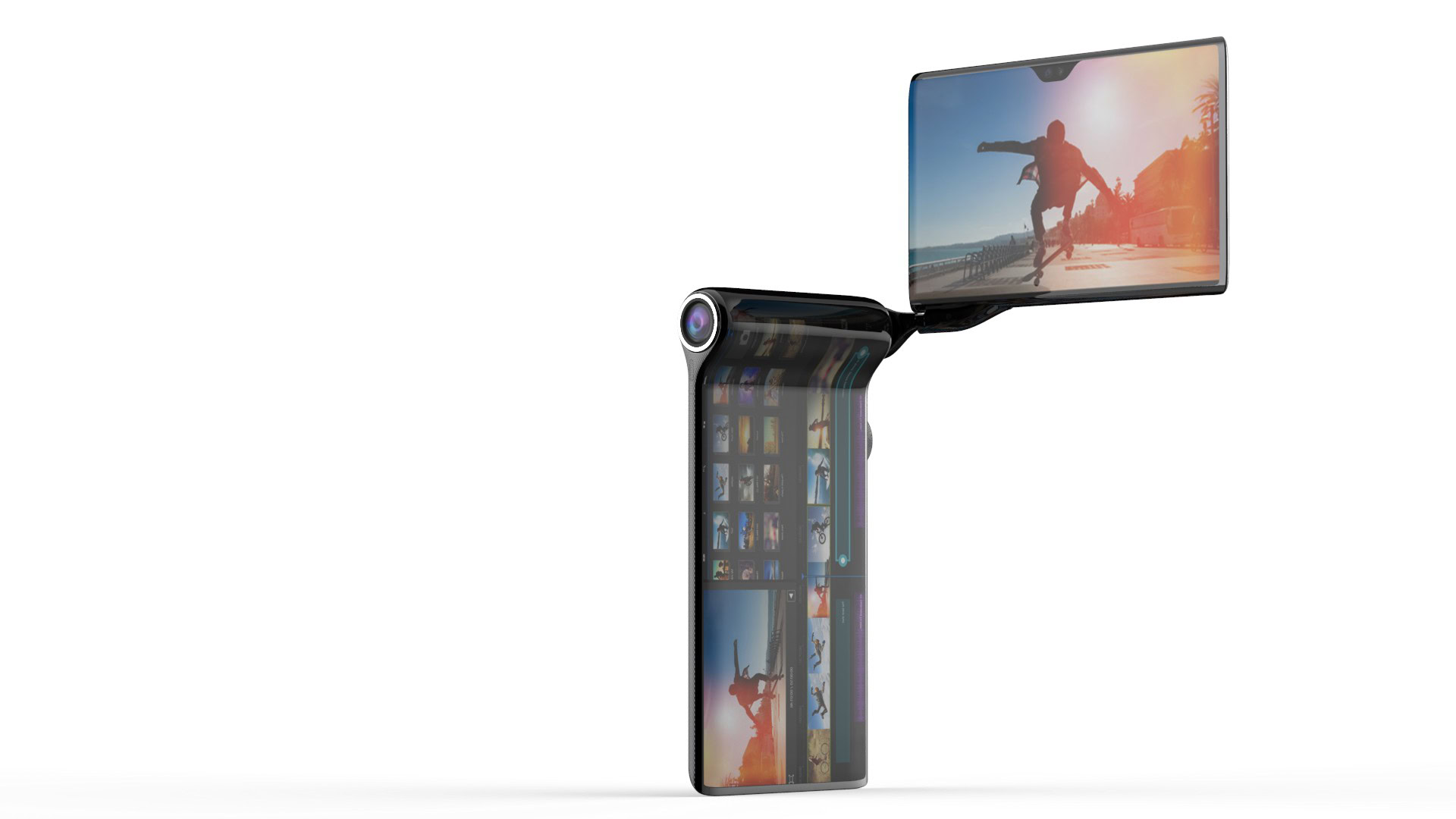
[one_half]
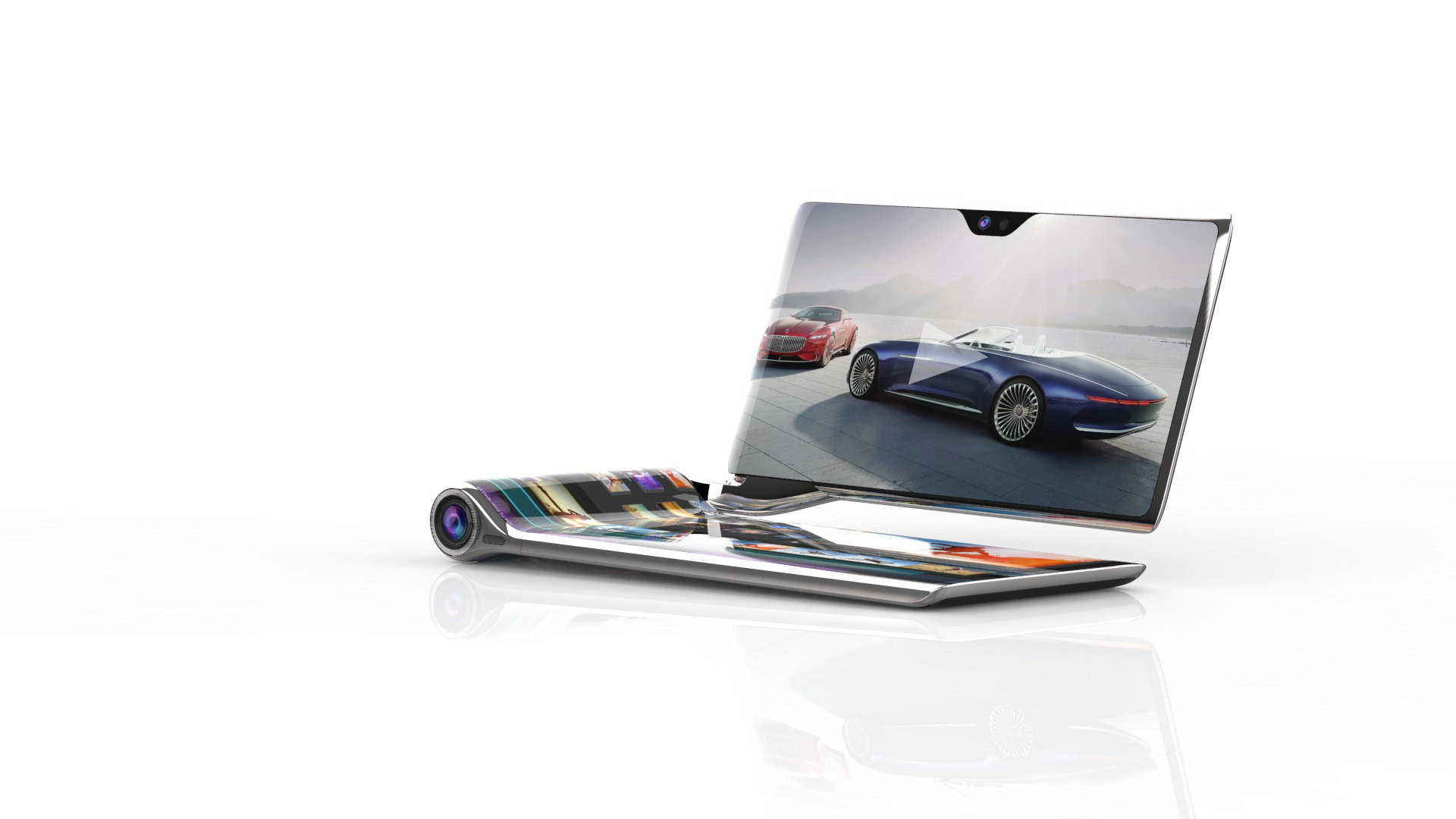

If you think the design is fanciful, here are the promised specs: each device would pack two Snapdragon 845 chips, three OLED displays, 16GB of RAM, 1TB of storage space, three cameras, and an NVIDIA Tegra X1 GPU, in addition to a bevy of other features.
To top everything off, Turing also revealed Kepler OS, a new operating system based on FreeBSD. Kepler would feature a “combination of natural language, and advanced search techniques aided by machine learning.” It would run Android apps, though it’s not clear why Turing found necessary to drop Android (again).
Wrapping up
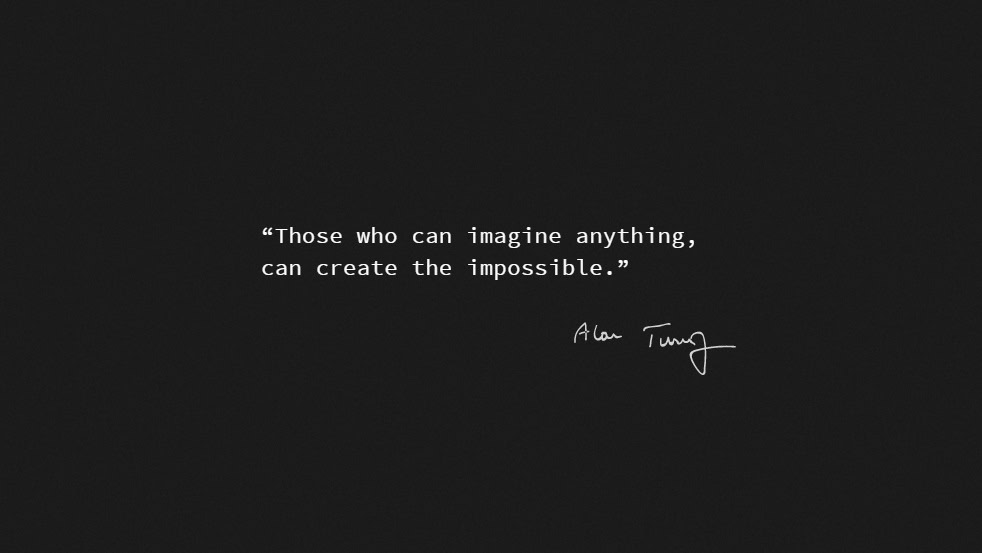
The product page for the Turing Appassionato is still online, and it includes an appropriate and slightly ironic quote from Alan Turing, the computing pioneer whose name TRI adopted. “Those who can imagine anything, can create the impossible,” it says.
Turing Robotic Industries has sure gotten the first part of the quote right. It showed it can imagine just about anything when it comes to mobile devices, from literally unbelievable specs, to futuristic concepts that show little regard to the limitations of manufacturing technology, and buzzword-heavy descriptions of operating systems that may or may not ever ship. The problems start when it comes to creating “the impossible.”
In today’s hyper-competitive mobile industry, aggressive marketing and big promises are common, almost necessary for manufacturers that want to stand out. Even so, Turing is in a class of its own. The company pushed the envelope of responsible marketing, then smashed through it completely and crossed into the realm of fantasy, if not intentional fabrication.
Strip away all the layers of teasing, promises, and obfuscation and you’re left with very little substance in Turing. In an attempt to justify the delays and broken promises, Syl Chao pointed out that Turing is a small, self-funded company that is less than three years old. That might be true, but the only way for the company to prove itself is to ship real phones, on time, and as promised. Until that happens, the only thing we can do is to move on.